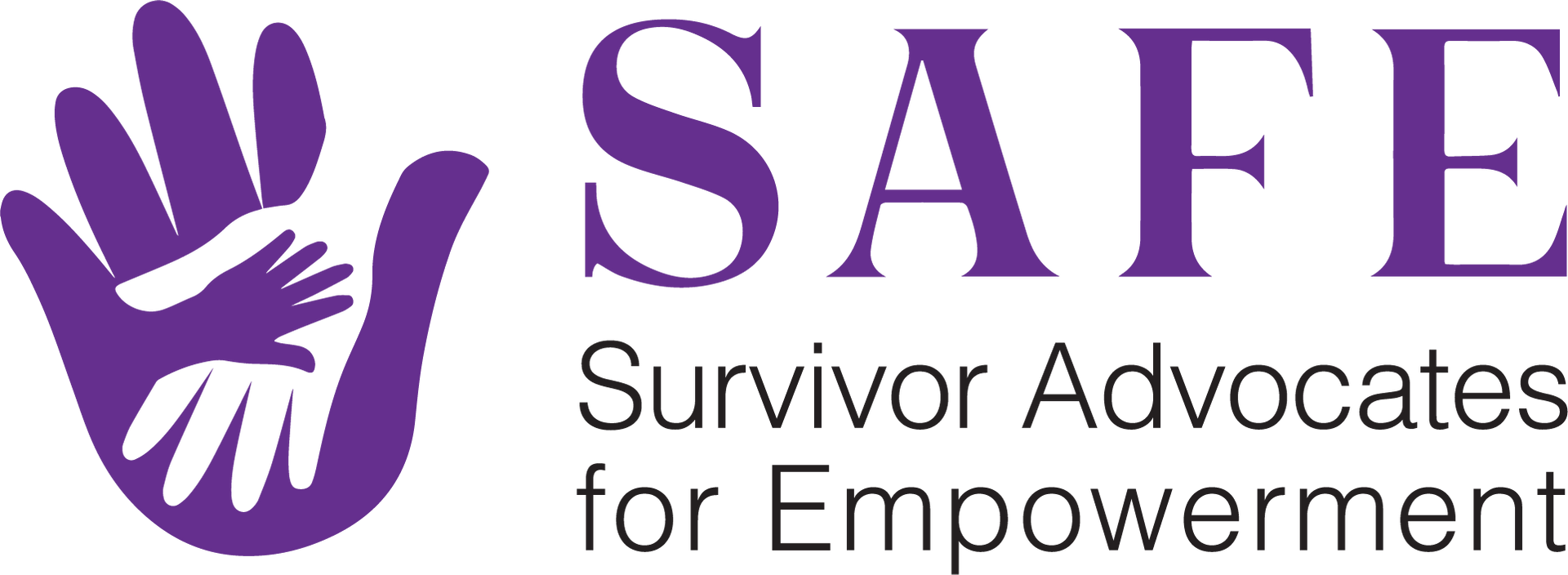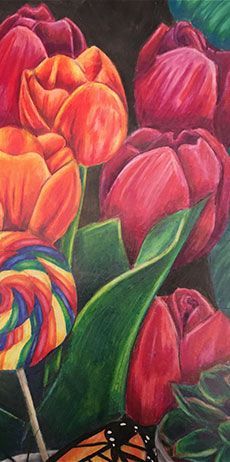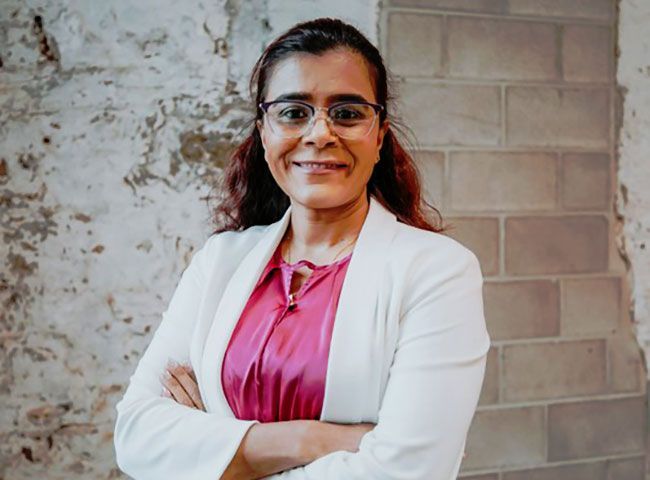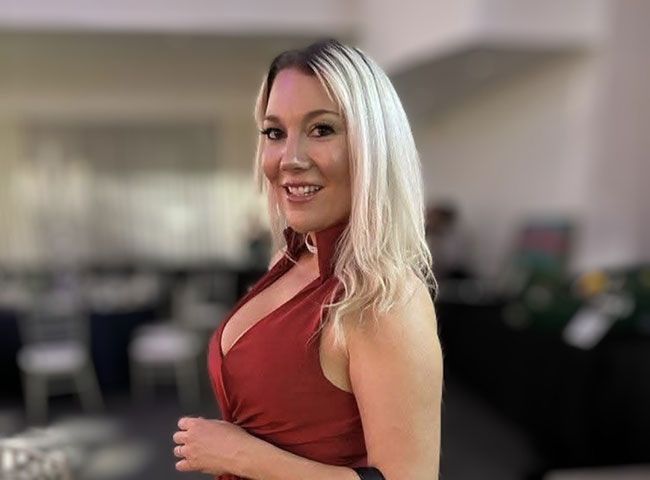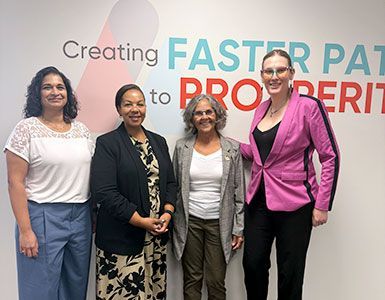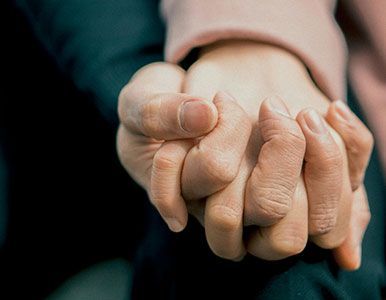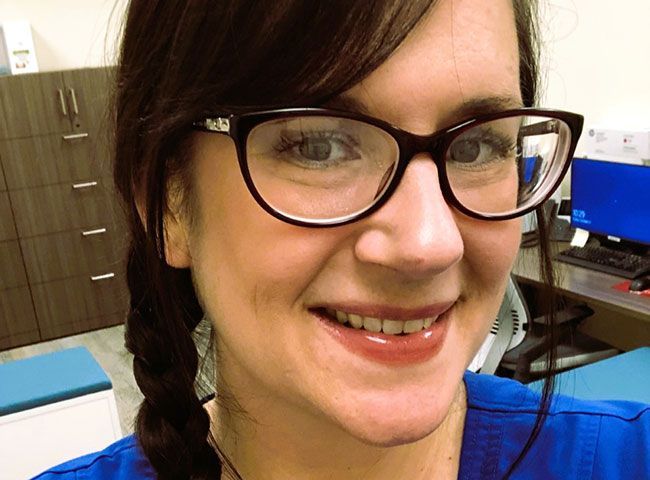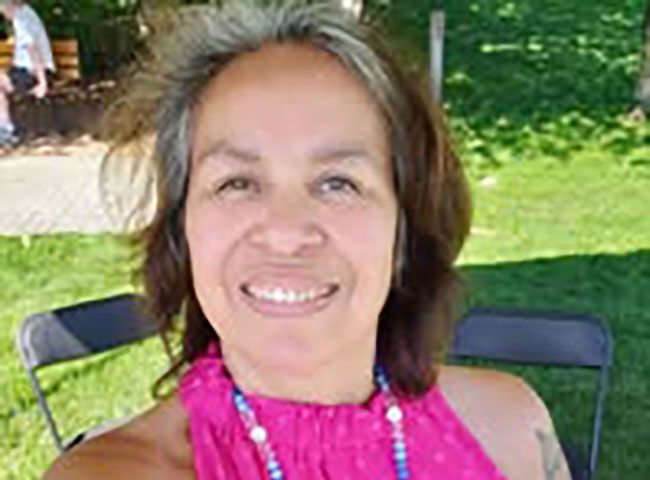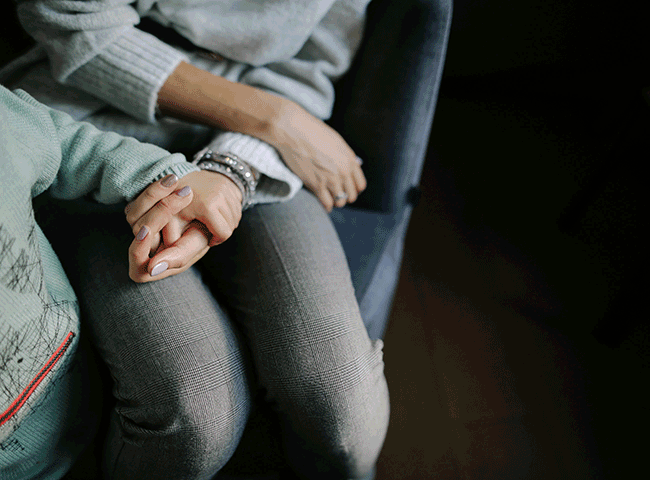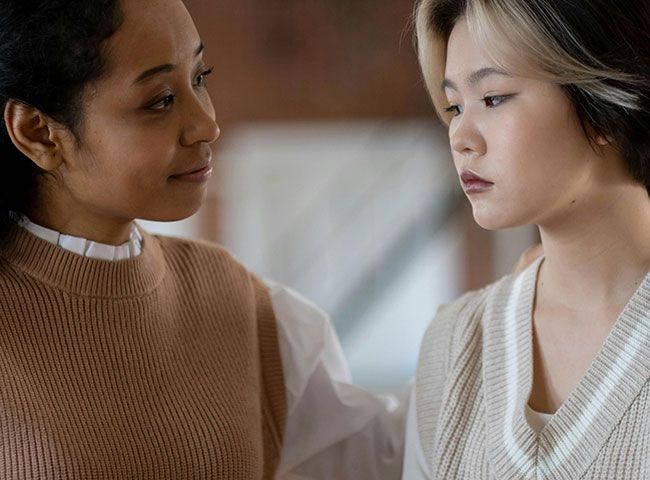My close friends, people I trusted to protect me, were aware of the ongoing abuse. I
disclosed to them what he was doing to me and received little concern. In some cases, they were even in the next room while he abused me. At the time, I did not know what he was doing was wrong; I was unaware he was coercing me. I had never been educated on what sexually coercive situations looked like.
In September of 2019 I went to live in residence and attend University. There I was raped by a fellow student, on January 8th, 2020. This student was a friend of mine I had made earlier in the year, someone I trusted, who also lived in residence. I remember waking up in my own blood and not realizing what had happened to me. That morning, I ran to one of my close female friends at the time who took me to the campus health centre. I called my mother who arrived shortly after and took me to the hospital. My boyfriend at the time learned about the rape and told my mother he thought I had hallucinated the whole thing. That I was lying.
At the hospital, I received messages from him telling me to hurry up. Here I was, in emergency, being poked and prodded by staff and he was texting me, not to see if I was okay, just that this was inconvenient for him. At the hospital I was informed that this situation was common and happened quite often to female students. The nurse’s comments were so matter of fact, her lack of empathy was disarming. I chose not to charge the student who raped me. I was concerned that he lived in residence and I was terrified he may hurt me. I blamed myself for what happened to me as I had been drinking with friends that night and I was also on Prozac. The night after my rape, my partner messaged my mother, telling her I deserved it. Not only was I treated callously by professionals who were meant to help me, but also by my own partner. My fears about my abuser were confirmed. Shortly after returning to class, my rapist cornered me in the cafeteria, blocking the only exit in an attempt to speak with me.
I informed the University about the rape and his attempts at intimidation and they responded stating they could only “strongly encourage” me to not be on campus at certain times but could not do anything to limit his access to me. As I had not filed charges, the school felt they had little recourse and were uncomfortable speaking to him about the situation. To say I felt unsupported, and terrified is an understatement; I attempted to take my life in February of that year. I felt alone and directionless. Not wanting to live with this trauma and I feeling like I did not have a way out. When I made it to the hospital and was being admitted, a nurse asked me what I would do if he raped another girl, inferring it would be my fault if he abused another woman. At one of my lowest moments, yet another person felt it was okay to shame and humiliate me. Like I was a bad person for making the personal choice not to charge him.
Even when I finally felt brave enough to share my story with peers, I was met with victim blaming. Online, people stated I must have been drunk, and in a short dress. That I must have been asking for it. When I shared my pain and the conflict I felt about holding him accountable, people would say “well what about his life”. What about mine? What about the trauma that has impacted me so deeply?
With the start of COVID, students in residence, including myself, were sent home. I returned home and continued to struggle with the aftermath of my assault. In March I reached out to friends for support. These were the same friends I had before leaving for university. These friends indicated the individual I had escaped when I went to University had been struggling with a breakup and they encouraged me to speak with him to offer support. I felt he was someone I still cared about, despite our past, so I reached out to him.
We met up at the park near my house. I hoped he would be able to offer support for what I had experienced at university as I would support him with his struggles. He appeared to be sympathetic. I told him about what happened at the University, about the overdose and how I was struggling to process and deal with the trauma. I told him I was scared to charge this individual. He responded by saying how he was sorry that happened and invited me back to his house to speak more as it was cold.
This was someone I knew since finishing high school, who lived in the same neighbourhood as I did, shared the same friends. When we got to his room he began to pressure me, saying that me going to university “tore us apart”. He then blamed me for my trauma and the first rape saying “maybe I had wanted what happened to me” that “maybe I liked being raped”. He asked if I wanted him to rape me. I was in shock, disassociated, and begged to leave. I struggled to get up and he held me down, telling me that I “couldn’t leave like this”, that he would “feel bad”. I continued saying I wanted to leave, that I had to leave.
Despite my pleading, he raped me. After he had gotten what he wanted he let me go. I remember walking home, wishing I could crawl out of my own skin. I was in shock. The next day I found out through those same “friends” that had encouraged me to see him that my rapist fantasized about rape. Words cannot describe the betrayal I felt, that no one cared about me.
After prolonged deliberation and feelings of deep shame, I contacted the police and reported what had happened to me. When I named my rapist, the officer did not seem surprised, they knew him and his “reputation” in the community. He was charged, but as a juvenile offender, as he was considered a minor, a few months from turning 18.
After being charged and arrested, both he and his family quickly sold their home and fled to India. They stayed there, evading prosecution for almost a year before returning as I remained at home struggling to process this second unresolved rape. The decline in my mental health meant I had to drop out of my program and leave my university. Not only did I lose hope in continuing my education, I also lost my desire to create art—something I had relied upon in high school to cope with and process my anxiety, depression, and ADHD diagnoses. I relied on art as a safe place to cope and process previous childhood trauma, and bullying. Initially, after being raped by both of these individuals, my brain attempted to process this violation of my mind, body, and soul through creating art. But When I tried to create, my PTSD symptoms increased, resulting in severe panic attacks, flashbacks, and nightmares. Even art was no longer a safe space for me. I had to give up what I had loved to preserve my mental and physiological health, one more piece of me lost. I turned to alcohol in an attempt to avoid my symptoms and nightmares. I was diagnosed with PTSD and a substance use disorder by the time I was 19 and due to this prolonged, severe stress, I had what my physicians believe was a psychotic episode.
The one thing I would not give up was my education. I enrolled in a Psychology program, leaving my dream of an art degree behind. Early in my second year my abuser returned from India and sheltered with the so-called “friends” I had in high school while his family proceeded to rebuild their life in Canada. He was not caught by police until December and only as a result of another crime he committed. He remained in detention until the trial.
My day in court came at 21, over three years since my assault. What I received is not what I would describe as justice. I’m not sure what would be just in this situation. On the day of the trial, he plead to a lesser charge; even my own trauma was negotiable. He received probation, banishment, and registration in a DNA database for the two years of his probation, but was charged as a minor. While his crimes would disappear from his criminal record after two years, its effects on me will linger for a lifetime. He was charged with assault instead of sexual assault, but even at sentencing, the judge made it clear the truth of his crime.
These traumatic events have had long lasting effects on not just myself, but my immediate family. The trauma from the rape and an absence of support for my family made it difficult to heal. My family supported and protected me as I struggled to survive, enduring my night terrors and panic attacks. They endured my rage and overwhelming sadness. I do not believe words can express my level of gratitude. Throughout my recovery I have been met with victim blaming. Comments ranging from “this wouldn’t have happened if you weren’t pretty”, and “if you getting assaulted while drunk teaches you not to drink again then that’s a good thing”; to nurses implying it was my responsibility if he abused another woman. I experienced negligent professionals, psychiatrists that after I have overdosed had asked me “did you really think that was going to work?” or those that attributed my inability to sleep to alcohol withdrawal.
This was not the journey I would have chosen for myself, nor the way I would have hoped to be treated by others. The lack of respect, kindness and empathy I received has extended the time I needed to heal. Those who were meant to help, often hurt me with their callousness. This is why it is critically important to approach survivors with compassion and empathy.
These experiences are one of the reasons I want to help others; why I joined SAFE.
After I was raped I could not begin to comprehend what my life would look like in the months and years that had followed, only that I wanted the deep pain and horror to end. I felt isolated and alone, that no one understood what I was going through. I am grateful I have found my voice at SAFE and hope to continue speaking about my experiences to let others know they are not alone. I am currently in the final year of my program, and I hope to become a psychotherapist like my mother to provide support to other survivors within the community.
Our stories are messages of hope; even in the darkest, deepest places we go when we are in pain, there is healing, even when we don’t think it is happening. I believe this is the most important message we can share as fellow survivors.
